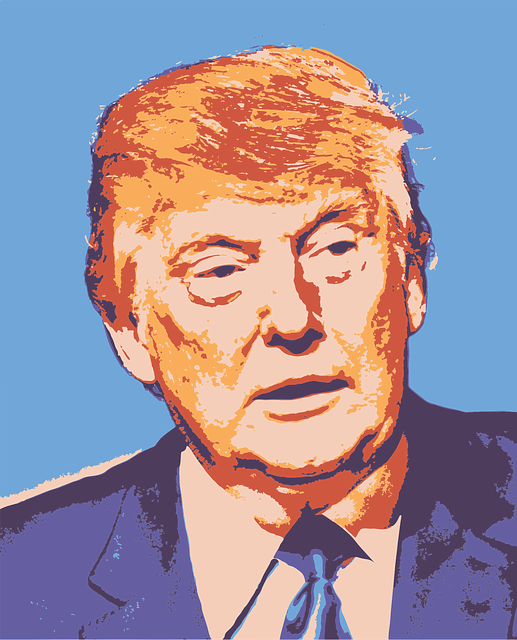
In a much-anticipated move, President Trump has announced that he is attaching a 10% tariff on all imports coming into the U.S.
Calling the announcement a “Declaration of Economic Independence,” Trump remarked that “large and persistent annual U.S. goods trade deficits have led to the hollowing out of our manufacturing base; inhibited our ability to scale advanced domestic manufacturing capacity; undermined critical supply chains; and rendered our defense-industrial base dependent on foreign adversaries.”
Two new types of tariffs were announced by the President, the 10% universal import duty; and reciprocal tariffs targeting imports from some 60 nations. “Reciprocal—that means they do it to us and we do it to them,” Trump remarked to reporters.
Put simply: if a given country imposes a particular levy on a particular American-made product, the new tariff proposals will tax a similar version of that product at the same rate as it comes into the U.S. from the country in question.
The degree of the reciprocal tariffs will vary from country to country, with Vietnam subject to a 46% tariff and China at 34%. But even countries that would be regarded as political allies of the U.S. will be feeling a pinch: Taiwan will see a 32% tariff increase, followed by India at 26%, and the United Kingdom at 10%.
Trump added that the new tariffs will have the effect of supercharging “our domestic industry base; we will pry open foreign markets and break down foreign trade barriers.”
The new tariff policies have generated a flood of responses, with the U.S. Chamber of Commerce issuing a statement saying that the tariffs “will have a devastating impact on thousands of small businesses across the nation.”
Jay Timmons, chief executive officer of the National Association of Manufacturers, announced on the program Worldwide Exchange that that new policy will likely “add costs to manufacturers.”
Buddy Hughes, chairman of the National Association of Home Builders, said the new tariffs will “undoubtedly raise some construction costs.” Hughes added, however, that the NAHB remains pleased with an administration move to set exemptions for Canadian and Mexican products, noting in particular lumber imports.
Liz Shuler, president of the AFL-CIO, declared that the “strategic use of tariffs can be an effective tool to support our industries and protect jobs at home.” But she added that Trump’s move would prove less successful due to a lack of “policies that invest in our manufacturing base.”
Missouri Congressman Jason Smith, the Republican chairman of the House Ways and Means Committee, said the new tariffs “put America first.” He added: “Principles of basic fairness demand that foreign companies should face tariffs similar to those American exporters encounter.”
Kevin Dempsey, chief executive officer of the American Iron and Steel Institute, praised the move, asserting that Trump is “standing up for American workers by restoring fairness in international trade and addressing non-reciprocal trade relationships.”
Whether for or against the tariff announcement, various publications could not help but take note of their its historic character. The Wall Street Journal called Trump’s move “a rethinking of U.S. trade policy on a scale not seen since the post-World War II era,” while The Hill observes:“Trump shatters a century of trade policy in one day.”
April 3, 2025
By Garry Boulard
Image courtesy of Pixabay


